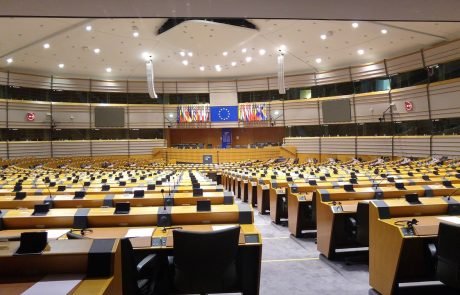Curious about where the EU currently stands on regulating green biotechnology? For a comprehensive overview, dive into our exclusive three-way interview with Catherine Regnault-Roger*, Michel Thibier**, and Alain Toppan***, all
All posts in NGT
At a time when European farmers have just staged protests against the European Union’s Common Agricultural Policy which, according to them, prevents them from earning a living, at a time
The genetic modification, or genetic engineering (GE), of plants and animals by selection and breeding has been practiced by humans for more than 10,000 years. It’s called agriculture. During the
Introducing Jack Bobo, the distinguished director of the Food System Institute at the University of Nottingham, whose expertise and insights into agricultural innovation shed light on pressing issues facing the
“NGT: a vote in favor of agricultural biotechnological progress” Catherine Regnault Roger (Interview)
On January 24, the European Parliament’s Environment Committee voted on the regulation of NGTs. Catherine Regnault Roger, member of the Académie d’Agriculture de France and the Académie Nationale de Pharmacie,
35 Nobel Prize laureates appeal to MEPs for more flexible European regulations on NGTs (new genomic techniques)
In The European Scientist (17 July 2023), we commented the proposal of the European Commission published on 5 July 2023 for revising NGTs regulation [1]. This revision is being carried
From the early days of Greenpeace when its members were dodging harpoons and Japanese whalers in outboard motor boats – remember “Save the Whales!” — it has leveraged media savvy
On 5 July 2023, a new step in the procedure for revising the European regulations that will apply to New Genomic Techniques (NGTs) was reached. This revision of the legislation
“Genetic Engineering” (GE) has been practiced by humans for more than 10,000 years, first by selecting and hybridizing plants. For almost half a century, newer molecular GE techniques have been
Targeted modifications of living organisms: Time has come to change the European regulation
While a debate is in progress at the European level about the genetically edited products, it is time for the French government to revise its positions and to adopt a









